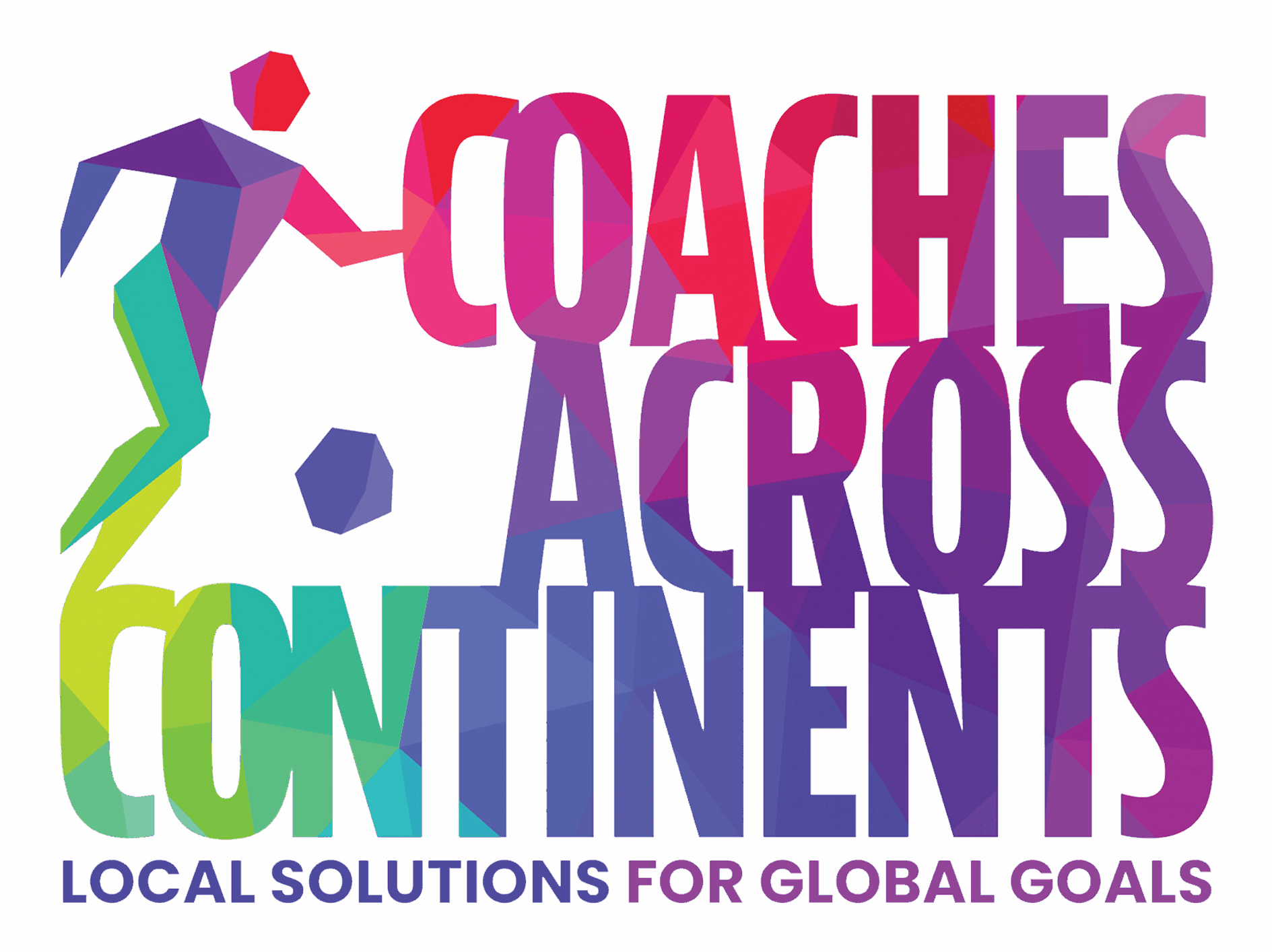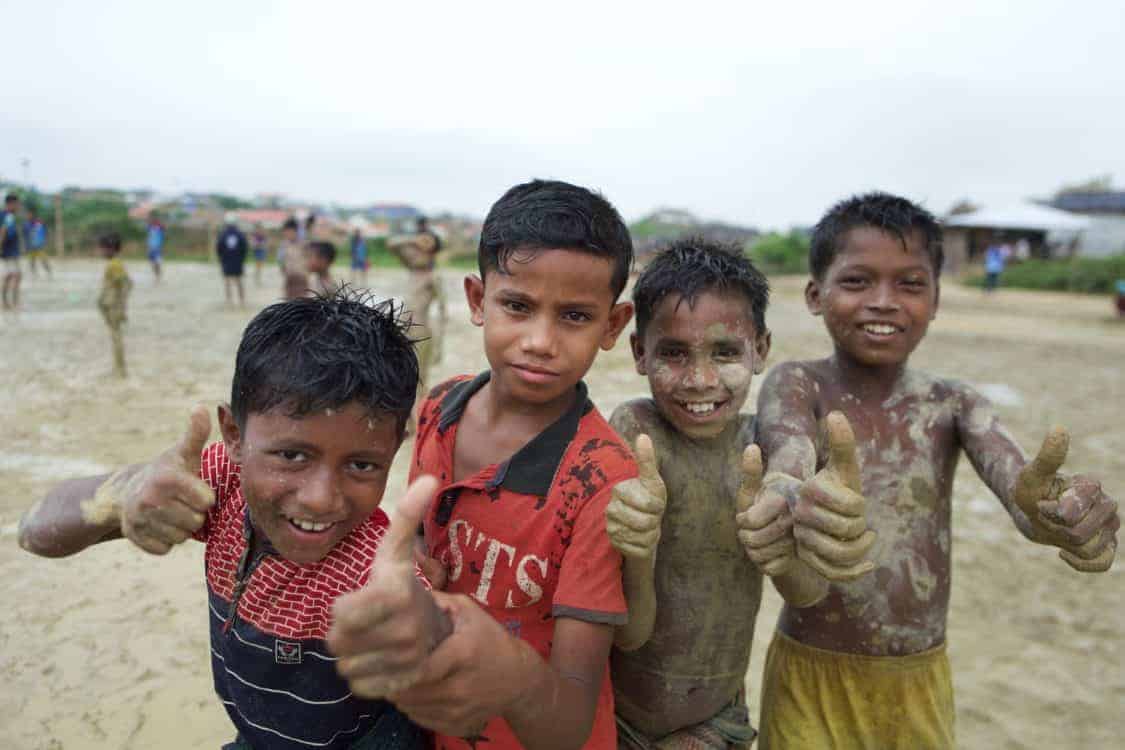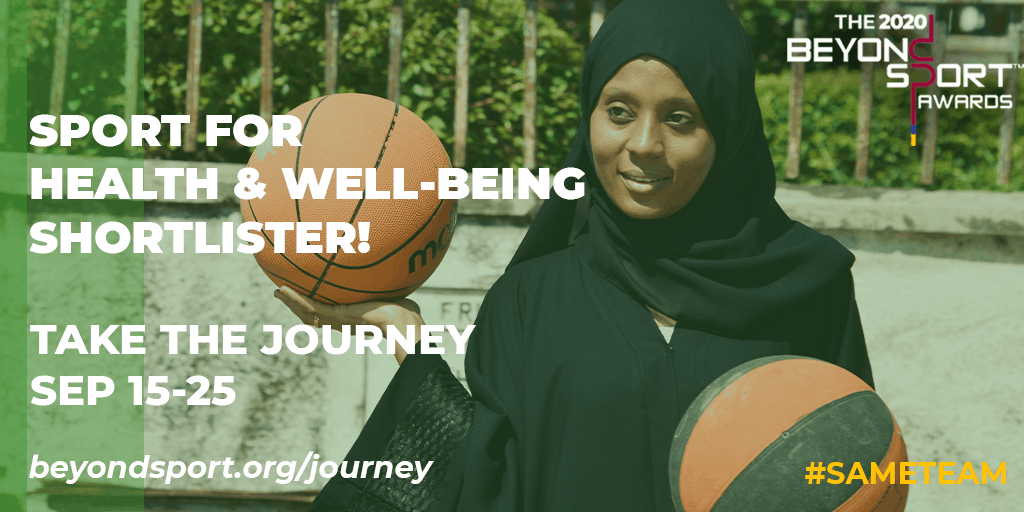In my previous blog, one of my reflective thoughts was that ‘gender equality’ should not be about comparing between genders but understanding gender differences and being accepting of them. This November, I got to meet Ashish and his team. Not only are they exemplary embodiments of how men in societies should be accepting and aware of menstruation, but they have also become role models for Almora, Uttarakhand, in converting their knowledge and sensitivity about such an unnecessary taboo into action. This team of dedicated individuals from the SOCCH NGO supports girls and women by sharing accurate information about menstrual health and hygiene while reducing the risk of discrimination by challenging myths and poor practices in the schools and in the local villages.

Having grown up in rural India, I can conveniently relate to the experiences of the women and girls in these villages. When my period started, I had no idea how to cope. I wasn’t aware that I could use a cloth, and I certainly had never heard of sanitary pads. This was not a conversation that I could ever have, not with my mother or my teachers. I did not attend school while I was menstruating, and I would often stand in one place in an attempt to disguise the blood. I do not remember if I was confused or if I was curious to learn—probably a bit of both! What I do remember is that when it was that time of the month, I had to manage it, and I had to manage it alone—we did not speak of it. At first, I didn’t even know it would happen every month. My mother once bought me a pad—one single pad. I do not remember at what age, but I used that for more than a day. I tried to wash it even though I failed, as the blood never vanished.

This story is important because not much has changed in the remote villages due to a lack of information and access to resources in these locations. However, this amazing group of volunteers has shown the possibilities and the dedication to reach out to those often neglected areas and facilitate change.
Ashish and the team have taken it upon themselves to clear the air about menstruation being practiced as ‘a women’s problem’. They are propagating the understanding of menstruation as a simple journey of maturation from childhood to adulthood, from girl to woman. Having seen these handful of men in action during my recent field visit as a CAC representative, I could only wish I had gotten the support that they offered when I was in school. The girls impacted by the SOCCH NGO now have a more informed experience when they start their period, and they are helped to find hygienic ways to manage their period, which reduces the risk of disease.

“As a man, you typically have 4 to 5 important women in your life: your mother, sister, friend, wife, and daughter. I have grown up watching my best people in life survive through something that was nothing more than the usual biological outcome of living a life. I guess the choice is always with us: be a bystander or support the girls and women who are important to you.”
Ashish Pant, SOCCH NGO

Ashish and his team’s decision to undertake this mission is deeply grounded in his recognition that, as a man, he wields influence over the experiences of the women in his life. It’s a pivotal choice—a decision between being a bystander or an engaged advocate. This conclusion doesn’t merely mark the conclusion of a blog; it extends an invitation to shatter the silence, foster dreams, and collaboratively compose a future that is more empathetic and enlightened, with a specific emphasis on the role men can play in this transformative journey.





